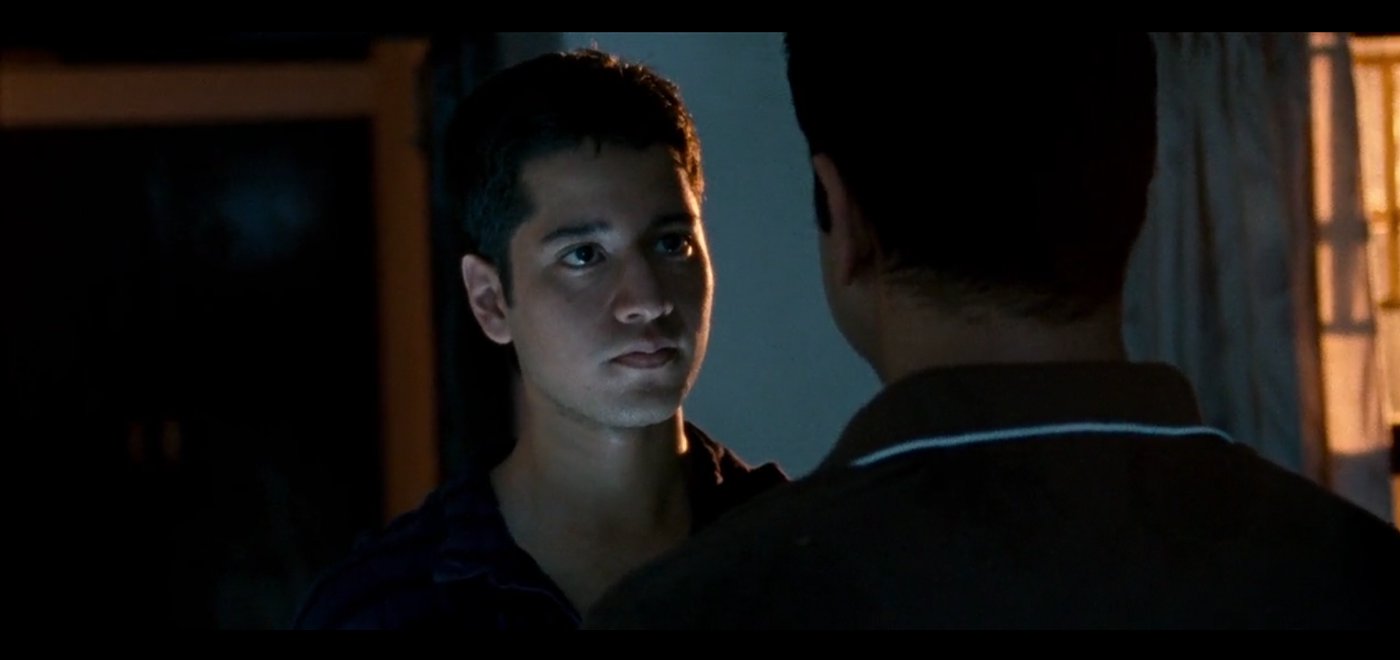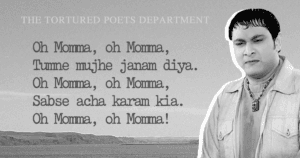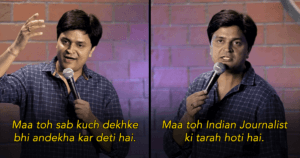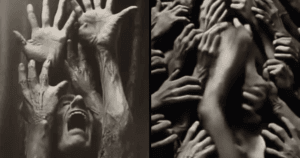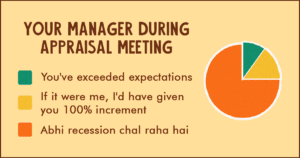We were born with nothing. We were oblivious to the complex ways of this over-the-top world when our existence came into being. However, as Christof from The Truman Show said, “We accept the reality with which we’re presented.” Our reality molded us into the person we’ve become today. And our immediate realities came from our parents. In our case, Desi parents who love and spoil you at the same time.

Truth be told, there were several foundational lessons, alongside some really ridiculous lies our parents graciously bestowed upon us. Here are some of those lies that we were told as kids, which we now need to UNLEARN because they’ve messed us up.
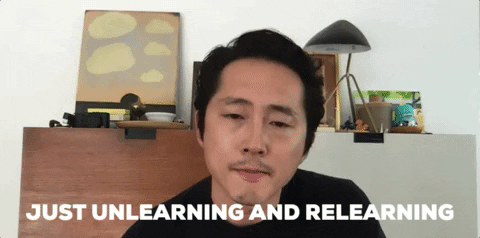
1. When parents said ‘beta, abhi padhai karlo, uske baad toh poori zinadagi sorted hai.‘
PROBLEM – We never learned to live in the moment.
SPOILER ALERT: Zindagi kabhie sorted nahi hoti hai. There will be one f*ck up after another until you realize that happiness may just be the acceptance of misery. As kids, many of us began to realize that ‘sorted’ life, which never came. We grew up only to realize that we need to appreciate small and big moments of the present to live a wholesome life.
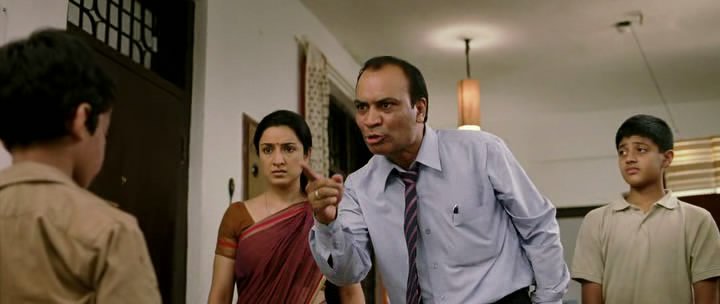
2. When they said, ‘Beti toh paraya dhan hoti hai na.’
PROBLEM – We were asked to internalize patriarchy.
This paraya dhan mentality is suffocating. It’s like parents are raising daughters to believe they are ‘objects’ who will eventually be handed over to their true owners, the groom, and his family. Not only does this mindset reduce a woman’s worth to a transactional object, but it also superimposes the patriarchal hegemony in our culture.

3. When they stopped their sons from crying because ‘ladke nahi rote.’
PROBLEM – Boys were asked to be ‘manly.’ They were made to gulp emotions right from the start.
WTF is ‘Mard bann?‘ A boy deprived of expressing his emotion will become a man with mental roadblocks. Such statements yield double-fold negative consequences as the boy will start associating feelings as a sign of weakness and women as the weaker sex. He will try his best to live up to the stereotypical understanding of a real man and adopt a problematic behavior of toxic masculinity.
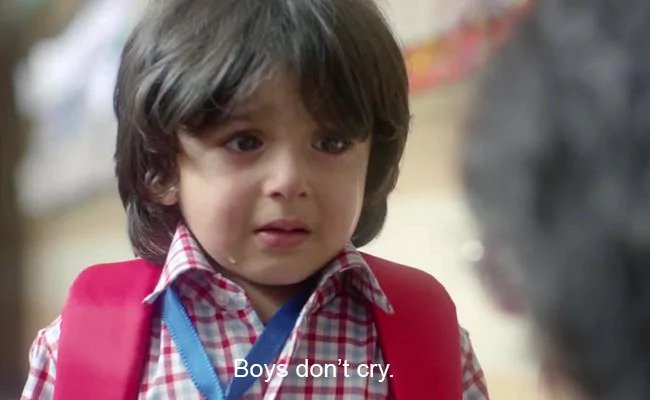
4. When parents subtly said, ‘Ek ladka aur ladki dost nahi ho sakte.‘ Friendships
PROBLEM – Male and female friendships were disproportionately romanticized.
Yeah! Desi parents got no chill when it comes to a boy-girl friendship. According to them, especially if you’re a teenager or older, a friendship between two people of the opposite gender is impossible without sexual tension. Because of this, a lot of men and women feel shy and even incapable of talking to a person of the opposite gender.

5. When parents said, ‘Commerce, Arts lekar kya karoge? Engineer ya Doctor aage bohot scope hai.‘
PROBLEM – We killed our passion and signed up to do something that barely gives us any sense of happiness.
This science versus art debate originates from our houses. Many Desi parents kill their child’s creativity by forcing them into a career they believe is the best. In some households, pursuing commerce and arts is not even an option for children. As a result, the child grows up to lead an unfulfilled life of working on something that gives them no happiness.
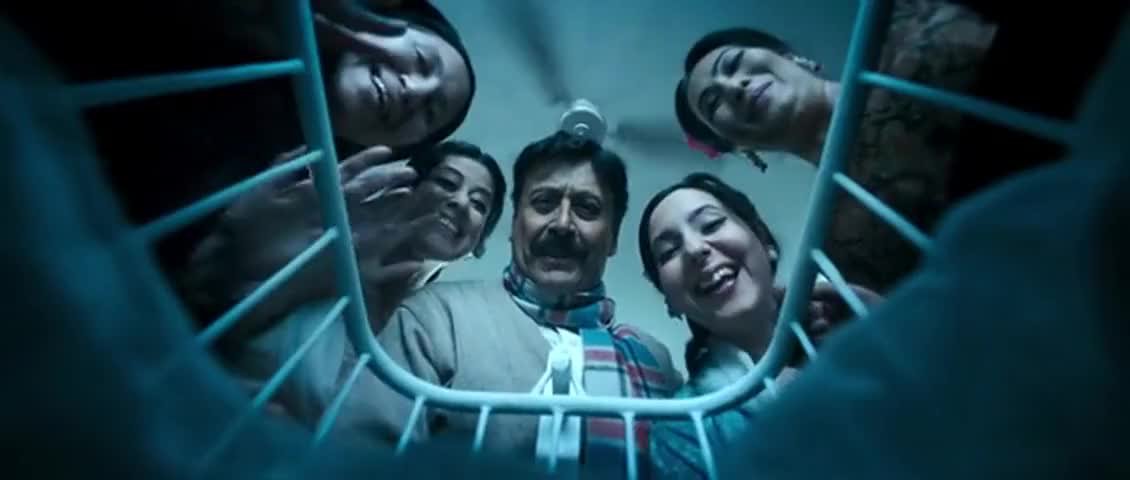
6. When parents subtly said, ‘Shaadi se pehle sex karna paap hai.‘
PROBLEM – We don’t know our bodies the way we should.
We are a population of 1.4 billion people, yet we’re terrible at sex education. Many Indian parents stigmatize sex as a taboo, which becomes rational overnight after marriage since you are now expected to have sex with a stranger. In such a setting, kids also grow up to have an obtuse understanding of sex and they’re often unaware about their own bodies.

7. When they asked us to let things go because ‘men will be men beta.‘
PROBLEM – We tend to rationalize problematic behaviour.
THIS NEEDS TO BE STOPPED. This understanding makes men believe they are justified in doing whatever the heck they want to just because they are men and it’s their nature. This also misleads women into rationalizing heinous acts from men that must be called out.

8. When they said, ‘Mental Health jaisa kuch nahi hota. Sab tumhare dimaag mein hai.‘
PROBLEM – We just won’t visit therapists even when we need them.
There’s a reason why we rank so low on the World Happiness Index every year. We grow up believing that we’re mad if we have any sort of mental sickness. We are told that mental health issues are fiction in our minds, and a therapist is a pagalon ka doctor. This problematic understanding churns out miserable adults who’ve got no effing clue about their mental health, and they would be very unwilling to make a visit to the doctor.
PS – Normalize therapy.
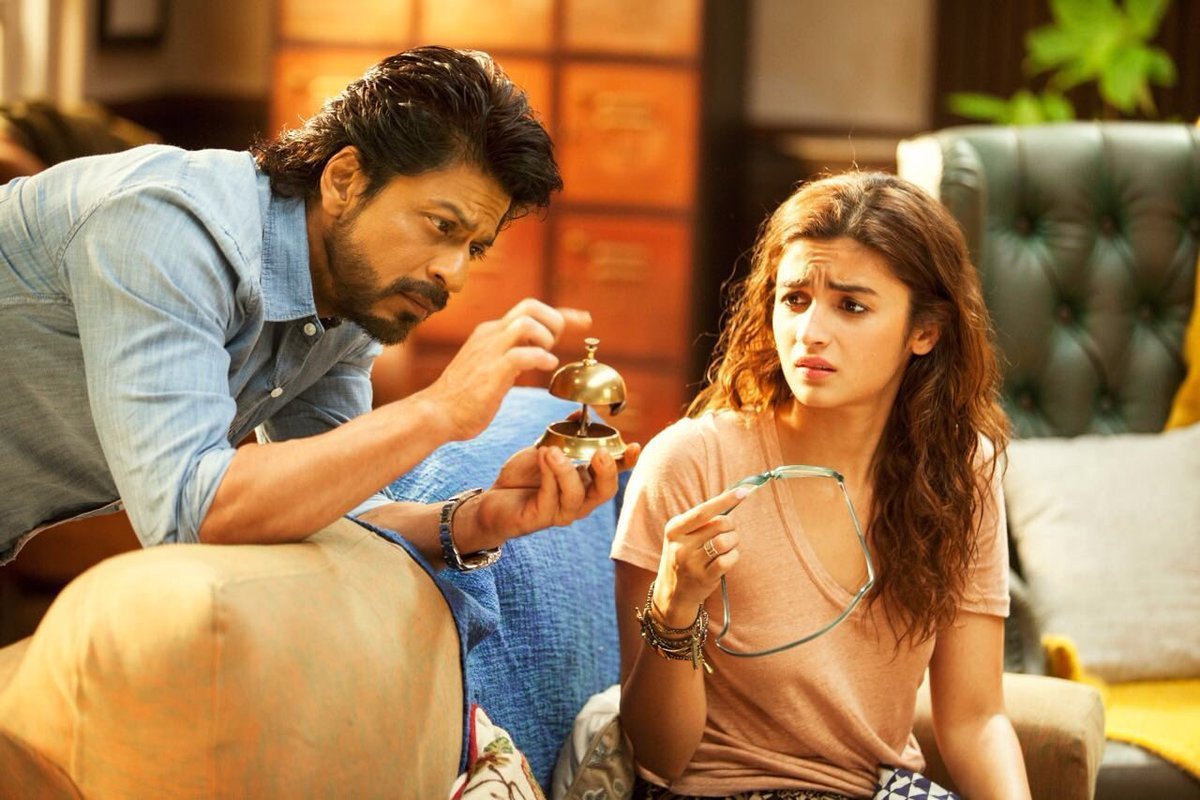
9. When they said, ‘Rotiyan gol nahi banaogi toh koi tumse shaadi nahi karna chahega.’
PROBLEM – We’re afraid to be signal. Again, we were taught to internalize patriarchy.
My worth is not the shape of my chapati. My worth is not my ability to cook and do laundry. In some households, it’s like girls are trained to become these ‘ideal wives’ right from the start. And what really is an ideal wife? A woman who knows all the domestic chores? Is that it? And if by any chance, they’re unmarried and single in their 30s, they are made to feel guilty and miserable.
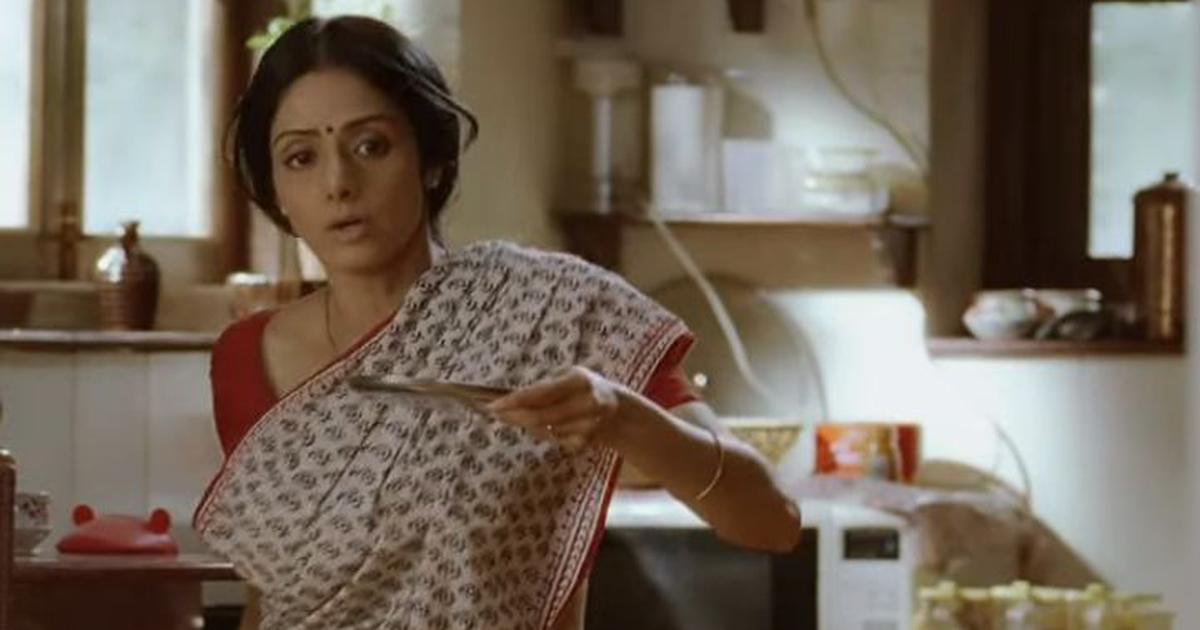
10. When they scolded us because ‘sharam nahi aayi, apne badon se aise baat karte hue‘ even when we are right and the adult is completely senseless.
PROBLEM – We accept whatever problematic things adults ask us to do just because they’re older than us.
This is okay when the child is unnecessarily disrespectful to their elders and needs to be taught how to behave. But sometimes, some adults are very problematic and need to be called out. Children should not be taught to bow and gulp whatever their elders say, even when what the adult is saying is completely messed up and they’re crossing boundaries. A child’s boundaries ought to be respected. Children who are nurtured in such a setting can become adults who’re resentful of their parents or the ones who are incapable of asserting their opinions.
